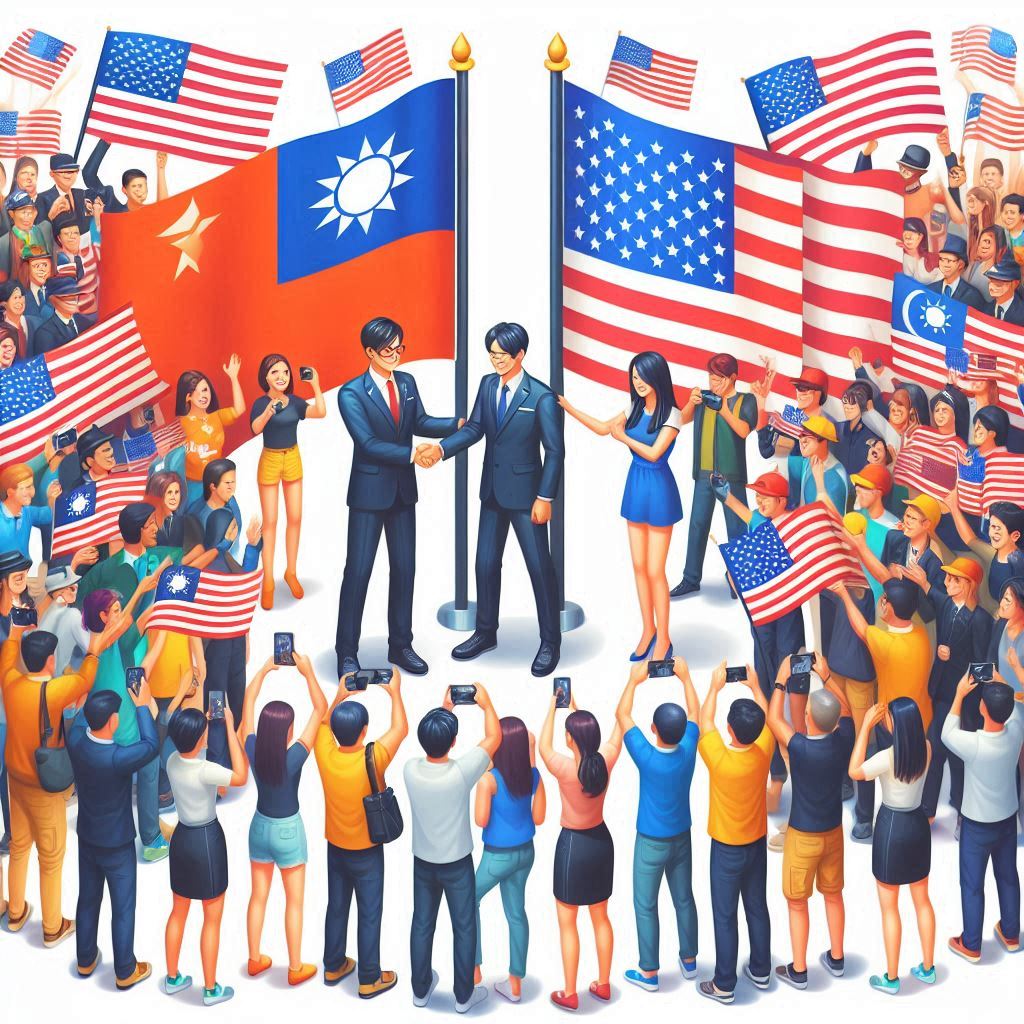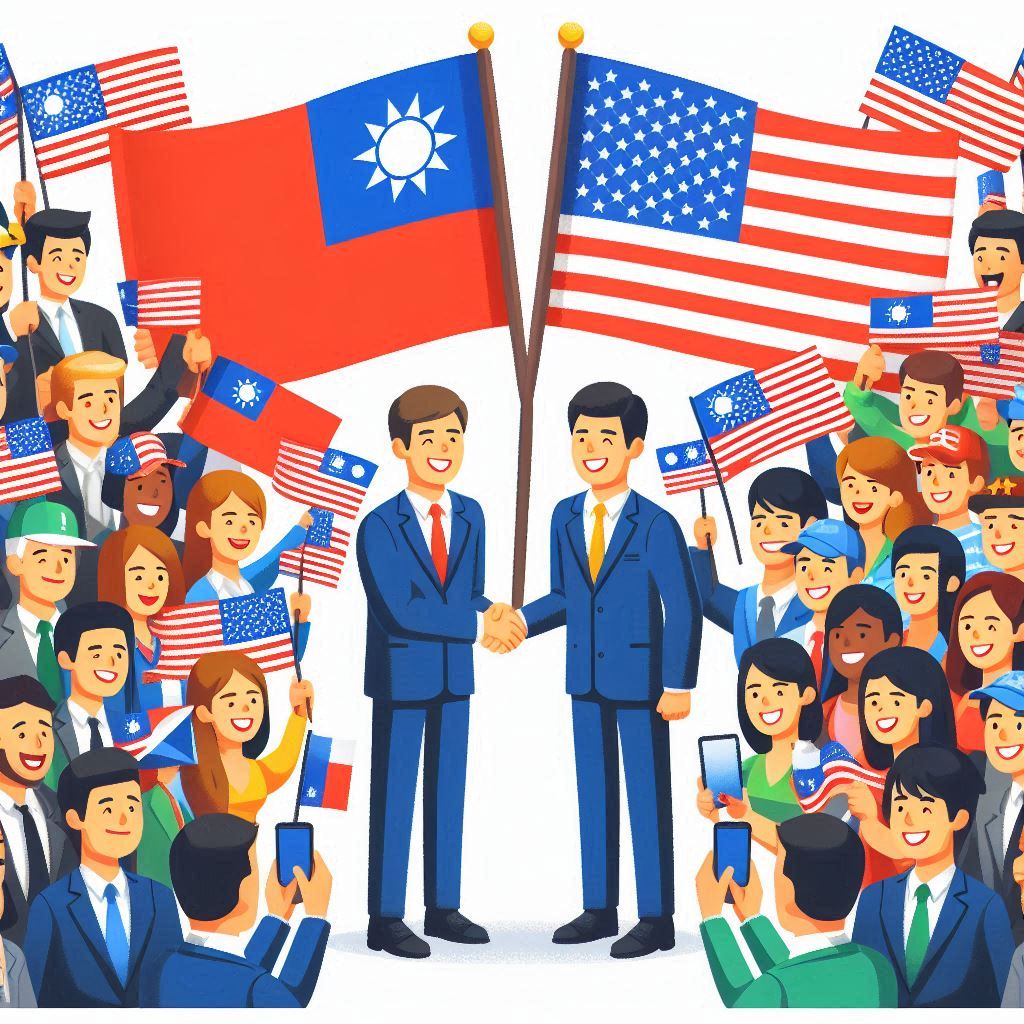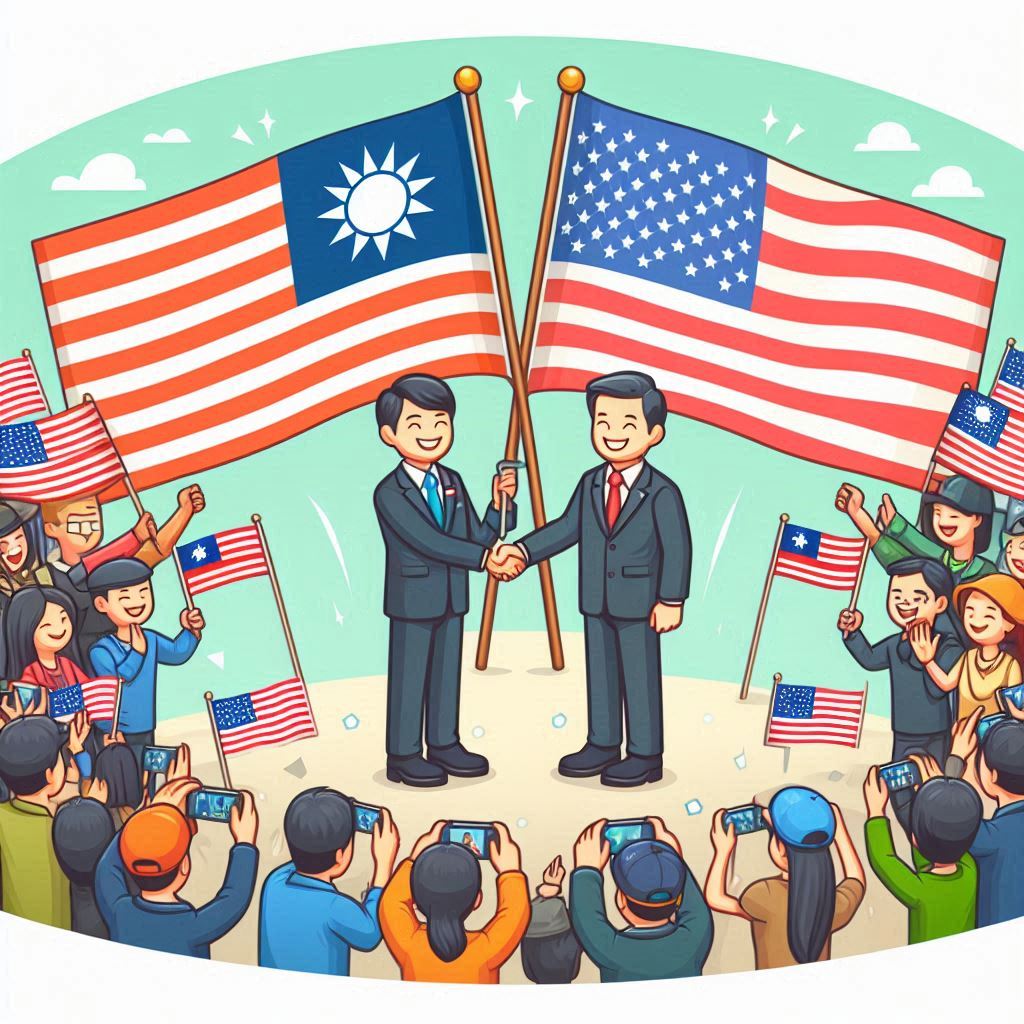為何長期執政的民進黨仍無法讓台灣獨立?
民進黨(民主進步黨)長期主張台灣獨立,並曾多次執政,歷經陳水扁、蔡英文和目前的賴清德,但台灣至今無法真正獨立建國,原因主要有以下幾點:
中國的壓力與威脅
軍事威脅:中國政府一直明確表示,若台灣宣佈獨立,將不惜動用武力。中國的軍事壓力對台灣形成強大的威懾。
外交打壓:中國利用其國際影響力,不斷打壓台灣在國際社會的空間,阻止台灣加入聯合國等國際組織,並要求其他國家不要與台灣建立正式外交關係。
國際社會的態度
美國的戰略模糊:雖然美國通過《台灣關係法》對台灣提供防禦支持,但美國一直採取戰略模糊政策,未明確表態會在台灣宣佈獨立後保護台灣,主要是為了避免直接與中國發生軍事衝突。
其他國家的立場:大多數國家基於“一個中國”政策,不願意公開支持台灣獨立,以維護與中國的經濟和外交關係。
內部因素
經濟依賴:台灣經濟對中國有一定程度的依賴。大量的台灣企業在中國設有工廠和市場,若台灣宣佈獨立,可能會遭受經濟制裁和損失。
社會共識:台灣內部對於獨立問題並未達成一致共識。部分民眾擔心獨立會引發戰爭和經濟衝擊,因此對於獨立持保留態度。
政治考量
選舉政治:民進黨雖然主張台灣獨立,但在實際執政中需要考慮選民的多元意見和國際局勢,不能過於激進,以免引發不必要的衝突和內部分裂。
國家安全:台灣政府需要在追求國家安全和獨立之間找到平衡點,以確保不會因激進政策而陷入軍事危機。
外交策略
維持現狀:台灣現階段採取維持現狀的策略,既不宣佈獨立也不向中國妥協,試圖在國際社會中尋求更多的支持和認同。
柔性外交:台灣通過參與國際經濟、文化和科技合作,提升自身的國際影響力和話語權,爭取國際社會更多的理解和支持。
總結來說,台灣無法真正獨立建國的主要原因是來自中國的壓力與威脅、國際社會的態度、內部經濟和社會因素,以及政治和外交的考量。這些因素共同作用,使得台灣在追求獨立的道路上面臨重重挑戰。
The Democratic Progressive Party (DPP) has long advocated for Taiwan's independence and has held power multiple times, with leaders such as Chen Shui-bian, Tsai Ing-wen, and currently Lai Ching-te. However, Taiwan has not yet been able to achieve true independence and nationhood for several key reasons:
China's Pressure and Threats
Military Threats: The Chinese government has consistently stated that it would use force if Taiwan were to declare independence. This military pressure serves as a significant deterrent to Taiwan.
Diplomatic Suppression: China leverages its international influence to continuously suppress Taiwan's presence in the international community, preventing Taiwan from joining the United Nations and other international organizations, and pressuring other countries not to establish formal diplomatic relations with Taiwan.
International Community's Attitude
U.S. Strategic Ambiguity: Although the U.S. provides defensive support to Taiwan through the Taiwan Relations Act, it maintains a policy of strategic ambiguity and has not clearly stated whether it would defend Taiwan if it declared independence. This approach aims to avoid direct military conflict with China.
Stance of Other Countries: Most countries adhere to the "One China" policy and are unwilling to openly support Taiwan's independence to maintain their economic and diplomatic relations with China.
Internal Factors
Economic Dependence: Taiwan's economy has a certain degree of dependence on China. Many Taiwanese companies have factories and markets in China, and declaring independence could lead to economic sanctions and losses.
Social Consensus: There is no unanimous consensus within Taiwan regarding independence. Some citizens fear that independence could lead to war and economic disruption, leading to a cautious attitude toward the idea.
Political Considerations
Electoral Politics: While the DPP advocates for Taiwan's independence, it must consider the diverse opinions of voters and the international situation when in power, avoiding overly radical actions that could cause unnecessary conflict and internal division.
National Security: The Taiwanese government needs to find a balance between pursuing national security and independence to avoid triggering a military crisis due to radical policies.
Diplomatic Strategy
Maintaining the Status Quo: Taiwan currently adopts a strategy of maintaining the status quo, neither declaring independence nor compromising with China, seeking more support and recognition in the international community.
Soft Diplomacy: Taiwan engages in international economic, cultural, and technological cooperation to enhance its international influence and voice, aiming to gain more understanding and support from the global community.
Conclusion
In summary, the main reasons Taiwan has not been able to achieve true independence and nationhood include pressure and threats from China, the attitude of the international community, internal economic and social factors, and political and diplomatic considerations. These factors collectively present significant challenges on Taiwan's path to independence.



照片:DALLE3
- 1
- 2
- 3
- 4
